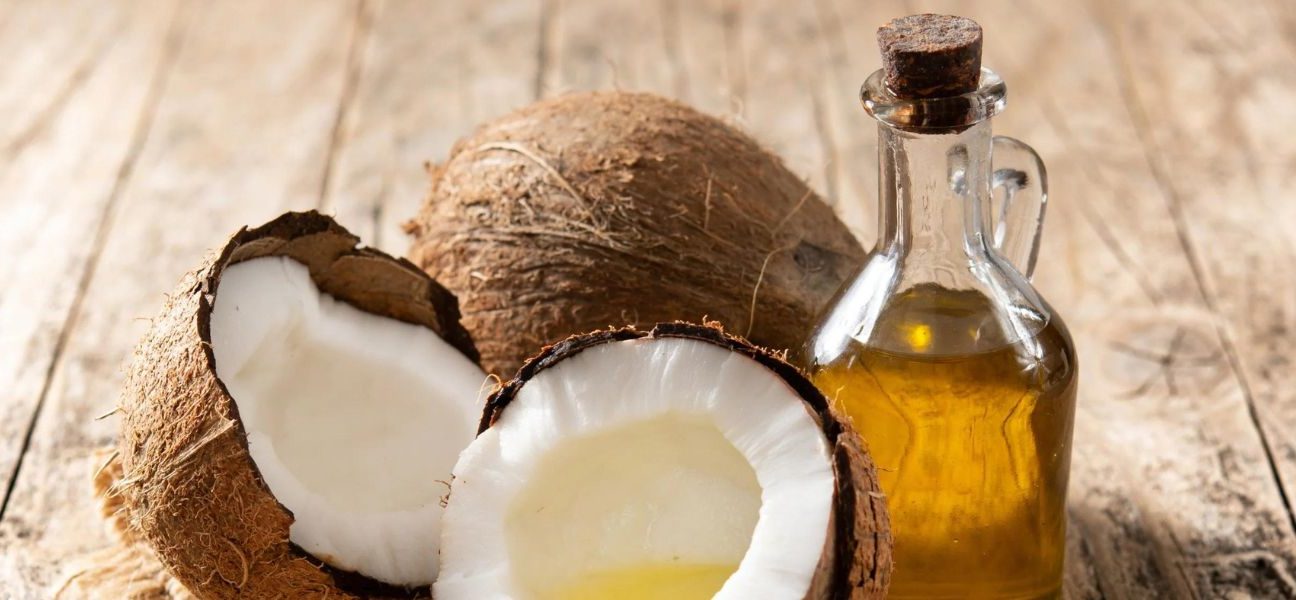Sri Lanka’s Coconut Development Authority (CDA) will be granted expanded powers to regulate the quality of imported edible oils, including coconut and palm oil, according to a recent government statement. This decision was made following a proposal by Minister of Plantations, Mahinda Amaraweera, which received Cabinet approval.
The move aims to protect the domestic coconut oil industry, ensure the quality of locally produced coconut oil, and regulate the quality of imported oils. The concern arises from reports that coconut oil sold in the market is often adulterated with other edible oils, raising questions about consumer safety and product authenticity.
Currently, Sri Lanka lacks an effective mechanism to verify the quality of imported coconut and edible oils, as well as coconut oil produced domestically. The Cabinet Paper proposing the new powers was submitted with input from key ministries, including Agriculture and Plantation Industry, Health, Trade, Commerce and Food Safety, and Consumer Protection Authority.
Of the 240,000 metric tons of coconut oil consumed annually in Sri Lanka, only 40,000 metric tons are locally produced. The rest is often blended with substitute oils and marketed as pure coconut oil, leading to difficulties for consumers in identifying genuine products.
Under the new regulations, medium-scale coconut oil factories producing up to 0.5 metric tons per day must register with the Coconut Development Authority. Once certified for good manufacturing practices, the CDA will issue a seal confirming product quality.
The CDA will also regulate importers, refiners, packers, stockists, distributors, and traders of edible oils who violate regulations, including the prohibition against mixing other oils with coconut oil. Imported palm oil quality will be verified by recognized laboratories, and all retailers of edible oils will need to register with the CDA.
Minister Amaraweera emphasized that this step was taken to address concerns about the quality of coconut oil and other edible oils in the market, as well as to safeguard public health and safety.

